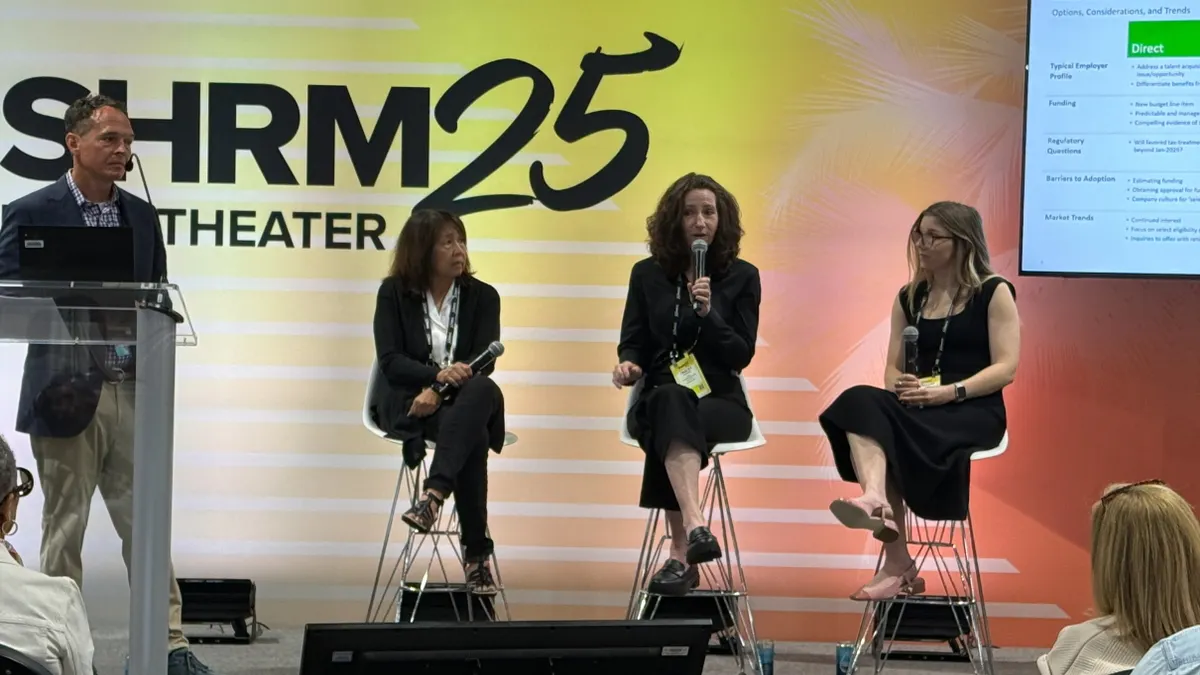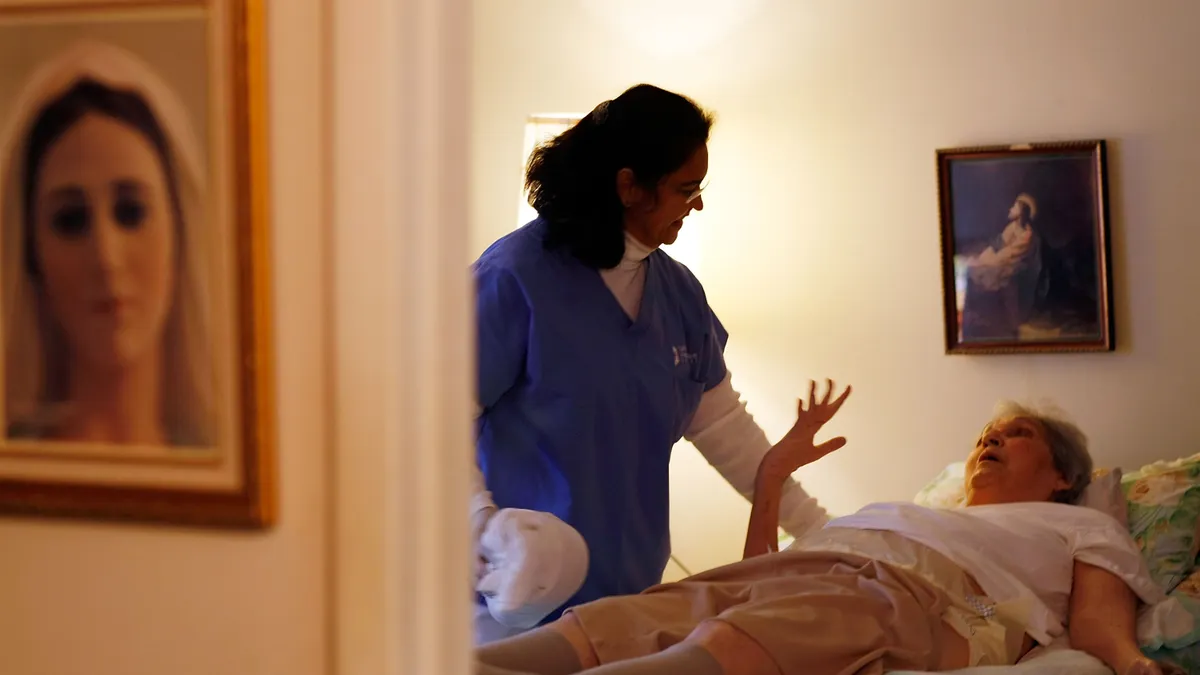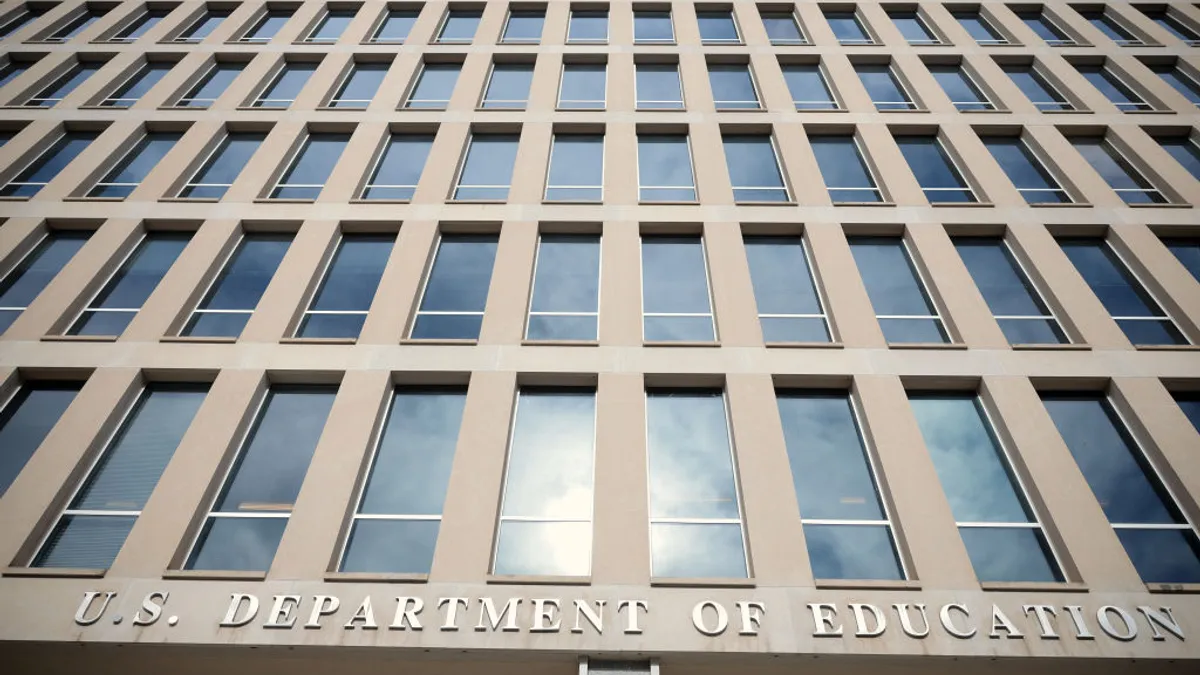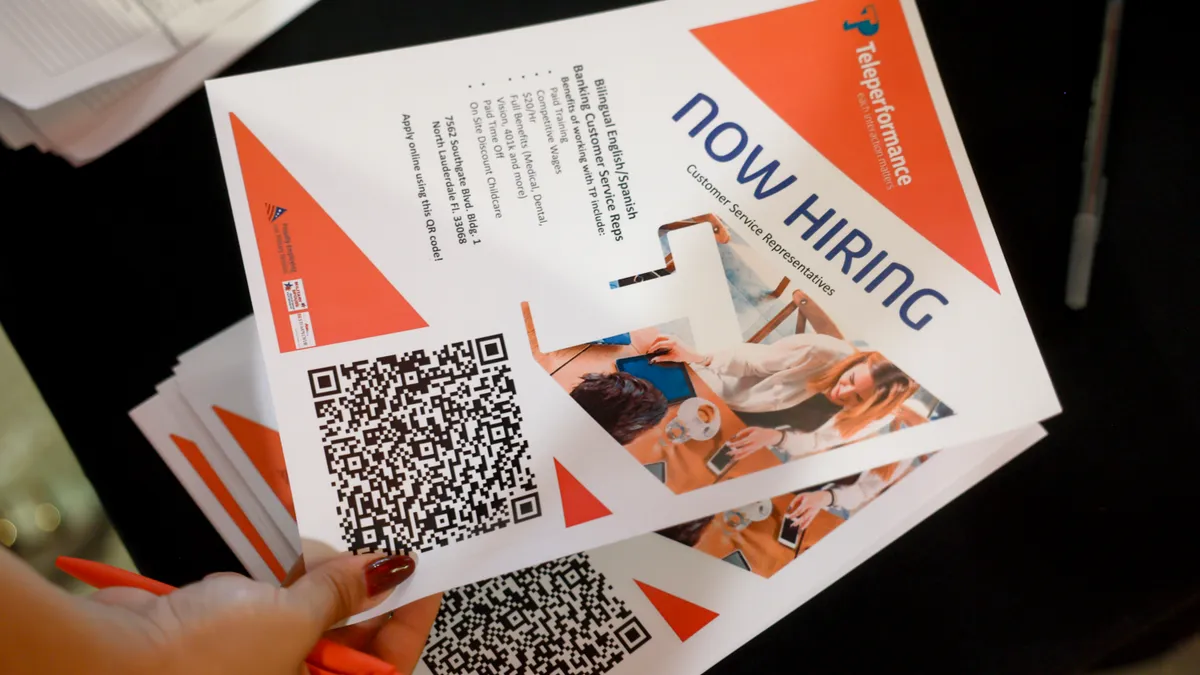Corporate social responsibility (CSR) is evolving in ways companies may not have anticipated. It’s more than just taking comfort in the knowledge that a company is a good community steward; employers are also finding that employees want to work for businesses that have an impact — and they want to be active participants in those efforts.
For millennials, the desire to be a part of something larger is reflected in survey results: 81% want to work for a company that is a good corporate citizen. But CSR isn’t just for millennials. Another recent survey showed that across all age groups, more than 70% of employees want their company to make a positive impact socially and environmentally.
Of course, impact goes beyond a check written by the CEO and/or parent organization. Employees have been active participants in the giving process, either by matching their employer's financial gifts or by participating in hands-on opportunities to get into the community and make a difference.
Working together for change
A massive example of this kind of cooperation can be found within companies like the Harris Corporation, which first launched its Harris Employees Actively Responding Together (HEART) Program in 2016. In 315 projects around the country, employees volunteered more than 40,000 hours.
The range of opportunities is vast: Harris Corp.'s employee-led projects support company grants, pack food for low-income students, create STEM kits for elementary schools, provid hygiene kits for homeless veterans and more. Employees are also empowered to identify a local need and bring the request to Harris. The company can then either offer funds or help the employee rally coworkers in its tracking portal. In fiscal year 2017, 17% of its 17,000-person workforce was involved.
At Keurig Green Mountain, 55% of employees participate in the company’s Community Action for Employees (CAFE) Program, which offers them 52 paid volunteer hours each year. Meg Newman, Keurig Green Mountain's chief human resources officer, told HR Dive that employees have free rein to choose where to use their CAFE time.
“While we offer company-wide volunteer activities like our annual river cleanups, we also encourage employees to serve their communities in ways that are most meaningful to them,” Newman said.
Part-time employees can participate at 2.5% of their working hours, and for employees who volunteer off-the-clock, the company will match 25 volunteer hours with a check to the charity for $250. They also have an employee donation match program.
“To us, the CAFE program is more than a team-building opportunity,” Newman said. “It has actively engaged employees in both our commitment to supporting thriving communities worldwide and our sustainability work. We’ve seen that empowering our employees to promote positive social and environmental change has not only helped them feel fulfilled at work, but also allows them to experience our values in action and develop a deeper passion for the work we do together.”
Cricket Media recently launched CricketTogether, an online approach to mentoring for individuals who want to volunteer but are often too busy. The program creates micro-volunteering opportunities, which take just a few hours per month. The pilot program was launched with the help of The Great Courses and 25 of their employees served as mentors. The student-mentor pairs read and discussed provided content, becoming virtual pen pals. The program seeks to build student literacy, critical thinking and an understanding of the world and the workforce.
Kevin Manzel, director of content development at The Great Courses, noted that the group had more volunteers than opportunities available. “Given that we were oversubscribed and more people want to participate, that bodes very well for the success of the program going forward here,” he said. Enthusiasm for the program exceeded expectations in other ways, too: “Associates asked to mentor two students next time instead of one; others wanted to send books to the students to keep up their summer reading, and others [were] asking to be included in the next round.”
The Great Courses signed onto the venture because its associates had requested new opportunities to give back to their communities. "This program was a homerun in that regard," Manzel said. "That’s an intrinsic reward that can’t be measured in dollars and sense, but shows up in our motivation and pride.”
Benefits extend beyond tax time
The payoff for employers is more than just a tax write-off. According to the Workforce Purpose Index, purpose-oriented employees stay with their companies 20% longer, and are 50% more likely to advance to leadership positions. At Deloitte, 83% of employees who participated in volunteer programming said the experience had a positive effect on their job satisfaction; 60% reported significant gains in job-relevant skills.
In a recent interview with HR Dive, Harris Corp’s SVP of human resources and administration, Bob Duffy, discussed the work the one-year old HEART Program has done, and what its future looks like. The program is very much a top-down initiative.
“In the end, the program has 100 percent support from our CEO — he’s very active in the program also," Duffy said. "He has certain community activities that he gets involved in and he rallies individual employees around the programs.”
Win-win-win
CSR boosts sales, attracts investors, improves a company’s image and garners media attention. And of specific importance to HR, employees who feel they make positive social or environmental impact while on the job are more satisfied by a factor of 2-to-1, says Net Impact.
Compiled research points to CSR as the third most important driver of employee engagement. And for employees, the payoff can be significant on the job and off. People who volunteer report they feel better physically, mentally, and emotionally.
Social responsibility, from email pen-pals, volunteer hours on or off the clock, or checks mailed, is a win-win-win: for employers, staff members, and the community at large.



















